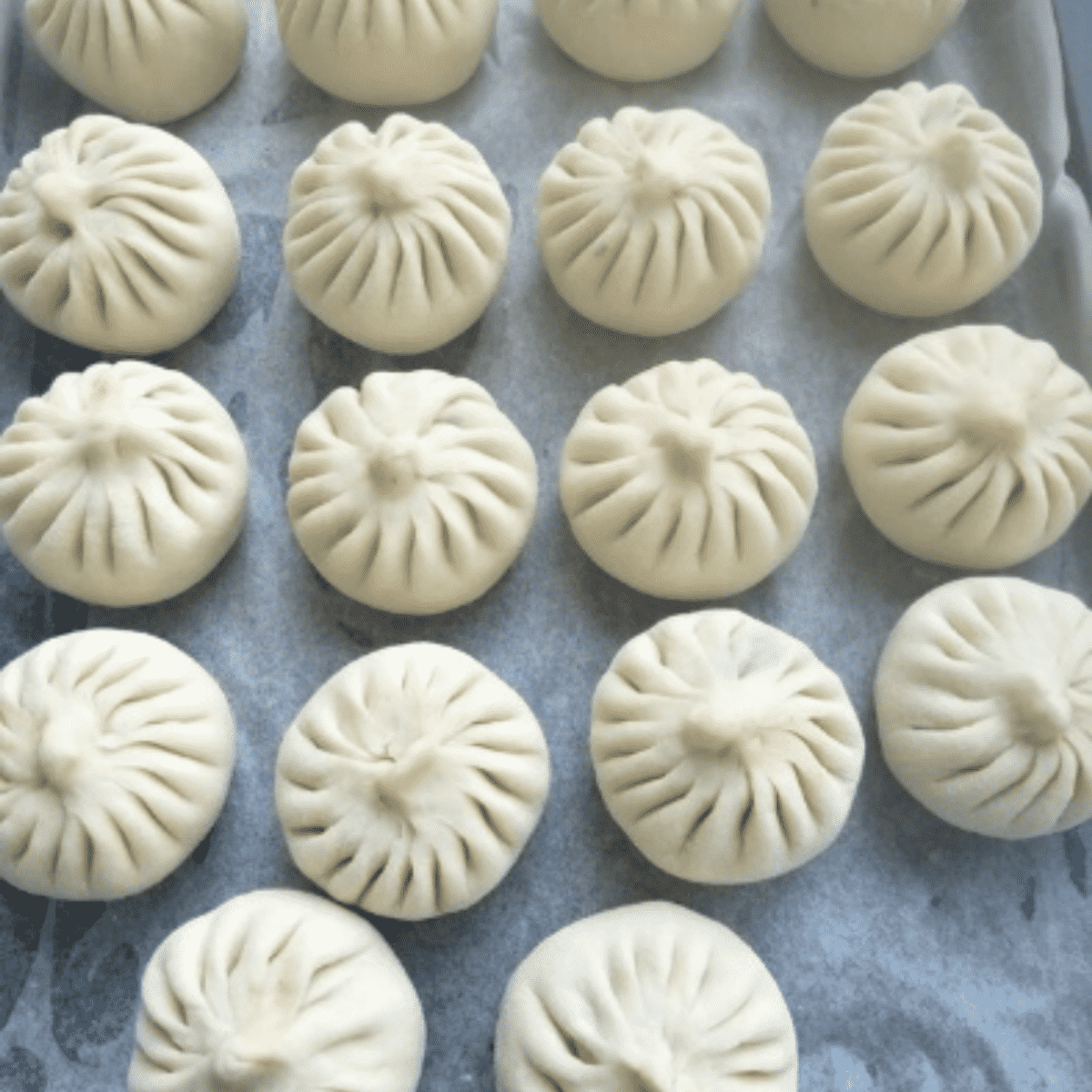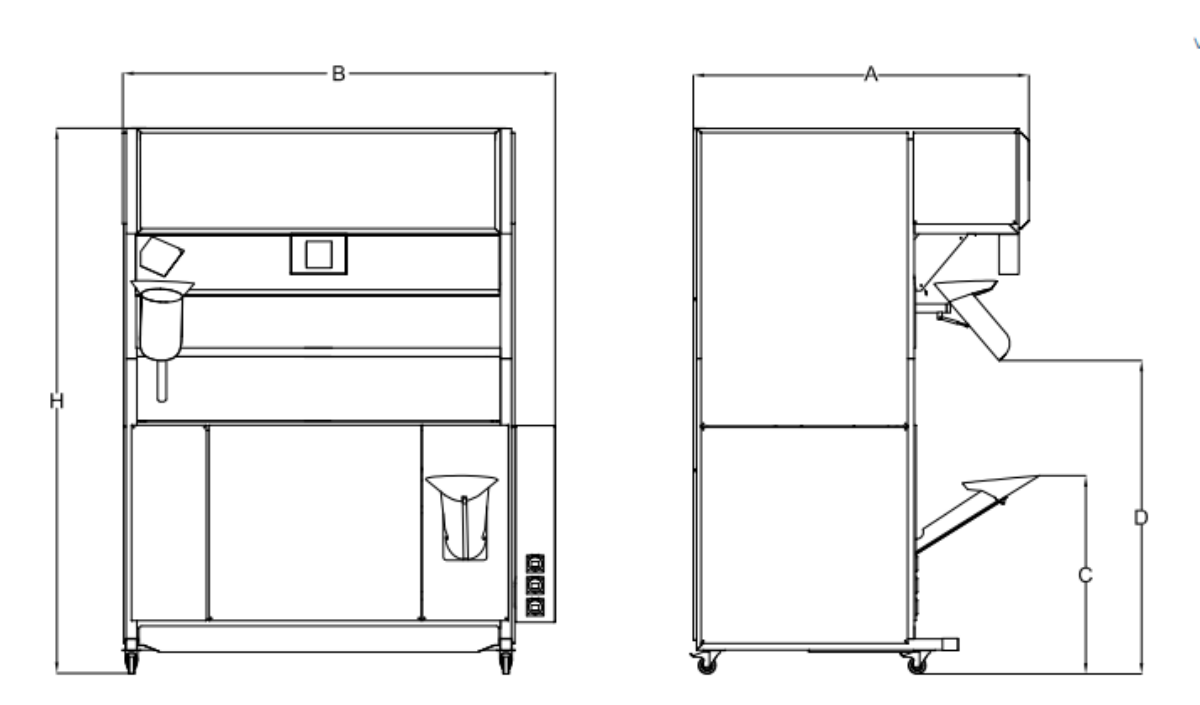The complication of croissants and other baking projects that require laminated dough means pastry is usually for the professionals. It's a time consuming project that is easy to mess up, and unlike a cake or cookie, which can still be delicious if they're not made perfectly, when pastry goes wrong it really goes wrong. Melting butter or improper folding leaves you with a heavy, bready texture that is the complete opposite of what you wanted — and all this stems from the process of laminating dough.
Lamination is the process of folding layers of butter between layers of dough, as opposed to mixing butter directly in. Kitchn says laminated dough takes two main forms, puff pastry and croissant dough, with the difference being that croissant dough is also yeasted to give it that nice extra rise. No matter which style you plan to make, both doughs are going to require a lot of rolling out and folding to create those distinct layers you're looking for in your crispy, buttery treat, and there are two main methods to consider. Bread Production

You've got your dough and your chilled butter block sealed inside: That was the easy part. Laminated pastries get their layers from the repeated rolling and folding of the dough over itself, combined with a bit of math. The most common method is the envelope fold, sometimes called the letter fold. As King Arthur Baking explains, this means creating a three layered fold by taking one end of your rolled out dough and folding it to the middle, then taking the other end and folding it on top, the same way a letter envelope seals up. Then you just lightly roll the dough and chill it in the fridge before the next fold. The math comes in because the process is exponential. Each fold, or turn as it's called, multiplies the previous number of layers by three, so that after just four folds you end up with 81 layers. This is where the second method, which is known as the book fold, really shines.
According to MasterClass a book fold means taking both ends of the dough and folding them towards the middle until they meet, so your dough looks like an open book with the middle crease. Then simply close the book by folding one side over the other, creating a four-layered turn instead of the envelope fold's three layers. The effort is the same as the envelope, but you get an ever greater number of layers.

Items In A Bakery Who knew math could be so delicious?